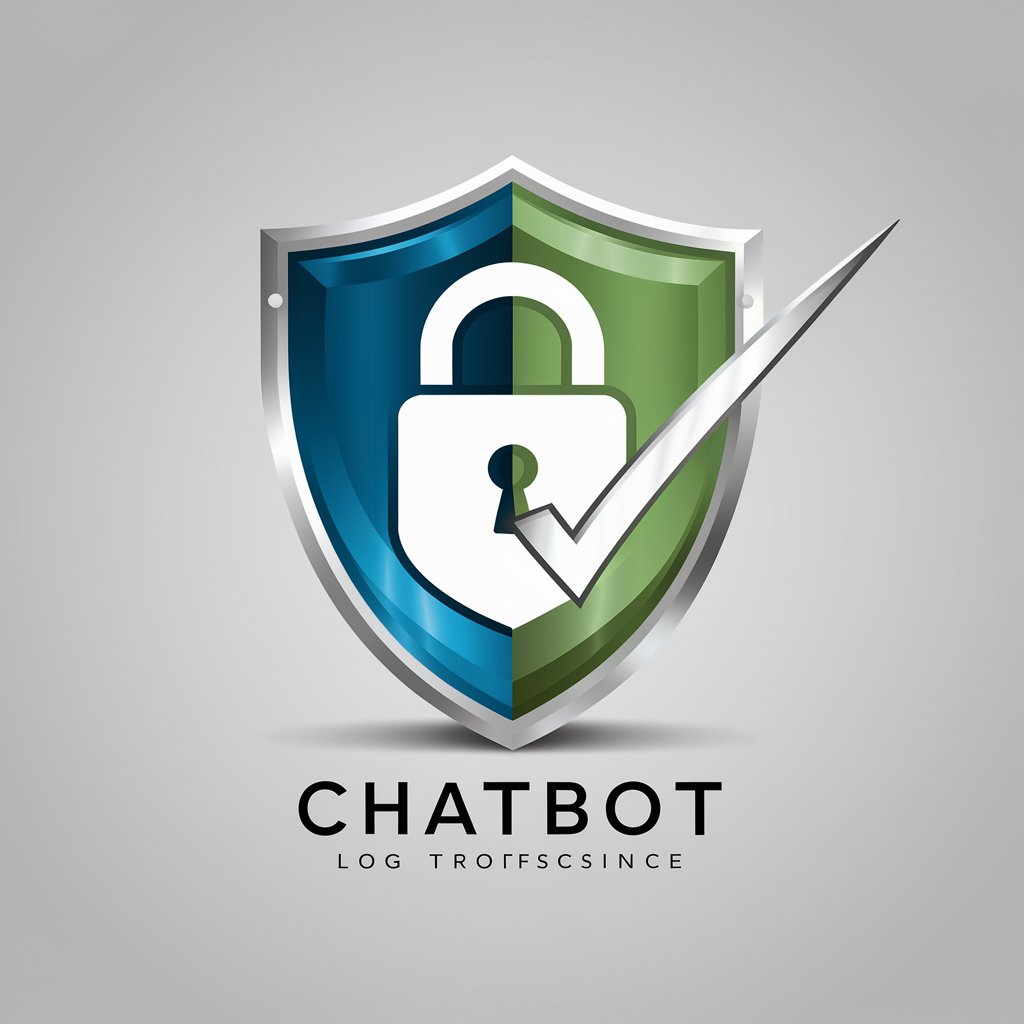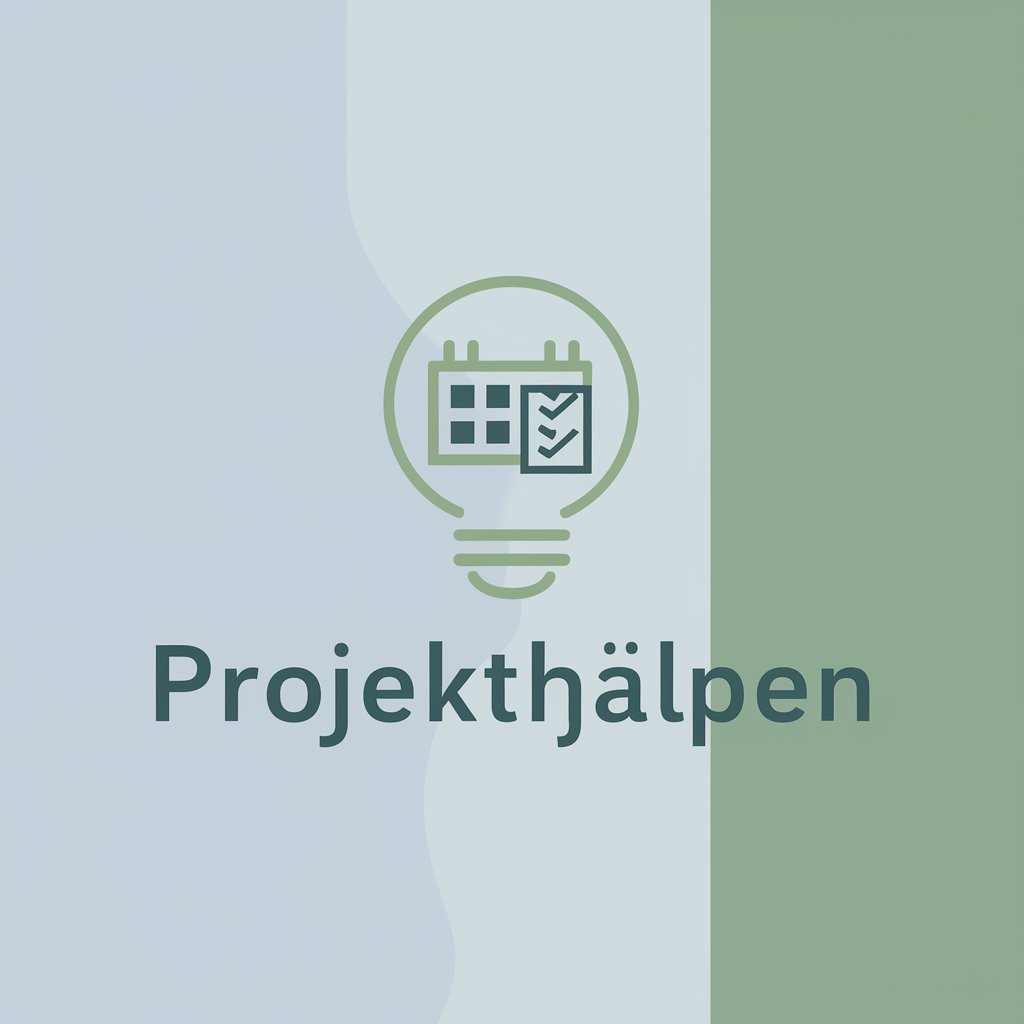
RGPD - GDPR Guidance and Advice

Hello! How can I assist you with your data protection queries today?
Navigating Data Protection with AI Precision
How can I ensure my company's data processing activities comply with GDPR?
What are the key responsibilities of a Data Protection Officer (DPO)?
Can you explain the rights individuals have under GDPR?
What measures should be taken to secure personal data according to CNIL guidelines?
Get Embed Code
Detailed Introduction to RGPD
RGPD, or Règlement Général sur la Protection des Données, commonly known as the General Data Protection Regulation (GDPR), is a comprehensive data protection regulation in the European Union. It was designed to harmonize data privacy laws across Europe, protect and empower all EU citizens' data privacy, and reshape the way organizations across the region approach data privacy. The RGPD establishes the principle of personal data protection as a fundamental right, ensuring that individuals have control over their personal data. It applies to all companies that process personal data of individuals residing in the EU, regardless of the company's location. A notable scenario illustrating RGPD's impact is the case of a European consumer using an online service. The service provider, under RGPD, must ensure transparent information about data usage, obtain consent for data processing, and provide the right to access and delete personal data upon request. Powered by ChatGPT-4o。

Main Functions of RGPD
Data Consent and Transparency
Example
Online Retailers
Scenario
An online retailer must obtain explicit consent from EU customers before collecting personal data, like email for newsletters. The retailer must also clearly state how this data will be used, ensuring transparency.
Right to Access and Erasure
Example
Social Media Platforms
Scenario
Users can request a copy of their personal data from social media platforms and have the right to ask for data deletion, allowing users to exercise control over their digital footprint.
Data Portability
Example
Banking and Finance
Scenario
Customers can request their financial data from one bank and transfer it to another, facilitating easy movement between service providers without losing their data history.
Breach Notification
Example
Healthcare Providers
Scenario
In case of a data breach, healthcare providers must notify the affected individuals and relevant authorities within 72 hours, ensuring timely information on potential data misuse.
Ideal Users of RGPD Services
Businesses Operating in the EU
Companies, regardless of size, that process personal data of EU residents must comply with RGPD. This includes businesses outside the EU offering goods or services to EU citizens.
Data Protection Officers
Individuals responsible for overseeing data protection strategies and ensuring compliance with RGPD regulations within organizations.
Consumers and Online Users in the EU
EU residents benefit from RGPD as it empowers them with greater control and rights over their personal data used by various online platforms and services.
Legal and Compliance Professionals
Legal experts and compliance officers who guide businesses in adhering to RGPD regulations, managing data protection strategies, and handling potential data breaches.

Guidelines for Using RGPD
1
Visit yeschat.ai for a complimentary trial without the necessity of logging in or subscribing to ChatGPT Plus.
2
Familiarize yourself with RGPD's primary focus areas, particularly on data protection and privacy regulations relevant to your region or business sector.
3
Review the RGPD's instructional resources and guidelines, ensuring a clear understanding of how to implement data protection measures in your operations.
4
Engage with the RGPD's interactive tools and simulations to practice real-world scenarios, enhancing your understanding of data protection principles.
5
Stay updated with the latest RGPD updates and resources for continuous learning and adaptation to evolving data protection standards.
Try other advanced and practical GPTs
EasyExplain
Making complexity understandable, powered by AI

Tweeter
Revolutionize Your Tweets with AI Creativity

NutriGuide
Empowering your wellness journey with AI

Lex
Your AI-powered labor law advisor.

Aribot
Elevate Your Words with AI-Powered Refinement

PósCiênciaDaComputaçãoBR
Empowering Academic Research with AI

Projekthjälpen
Empowering Projects with AI

영예
Empathetic AI for Thoughtful Insights

Story Weaver GPT
Crafting Your Stories with AI

Mean Critic
Ruthlessly Honest, AI-Powered Media Critiques

Resume Refiner
Transform Your Resume with AI

Jul-IA
Empowering Your Data with AI

Frequently Asked Questions about RGPD
What is RGPD primarily designed for?
RGPD is designed to provide guidance and advice on personal data protection, focusing on the General Data Protection Regulation (GDPR) and the directives from national data protection authorities.
Can RGPD offer legal advice for GDPR compliance?
While RGPD provides general guidance on GDPR, it is not designed to offer precise legal advice or replace professional consultations.
How does RGPD ensure confidentiality in data handling?
RGPD adheres strictly to data protection principles, avoiding sharing sensitive or confidential information and focusing on a neutral, informative approach.
Does RGPD offer customized solutions for data protection?
RGPD offers general guidance; however, for complex or unique situations, it recommends seeking expert advice, such as from SILEXO.
How frequently are RGPD's resources and guidelines updated?
RGPD's resources are regularly updated to reflect the latest in data protection regulations and best practices, ensuring relevance and accuracy.